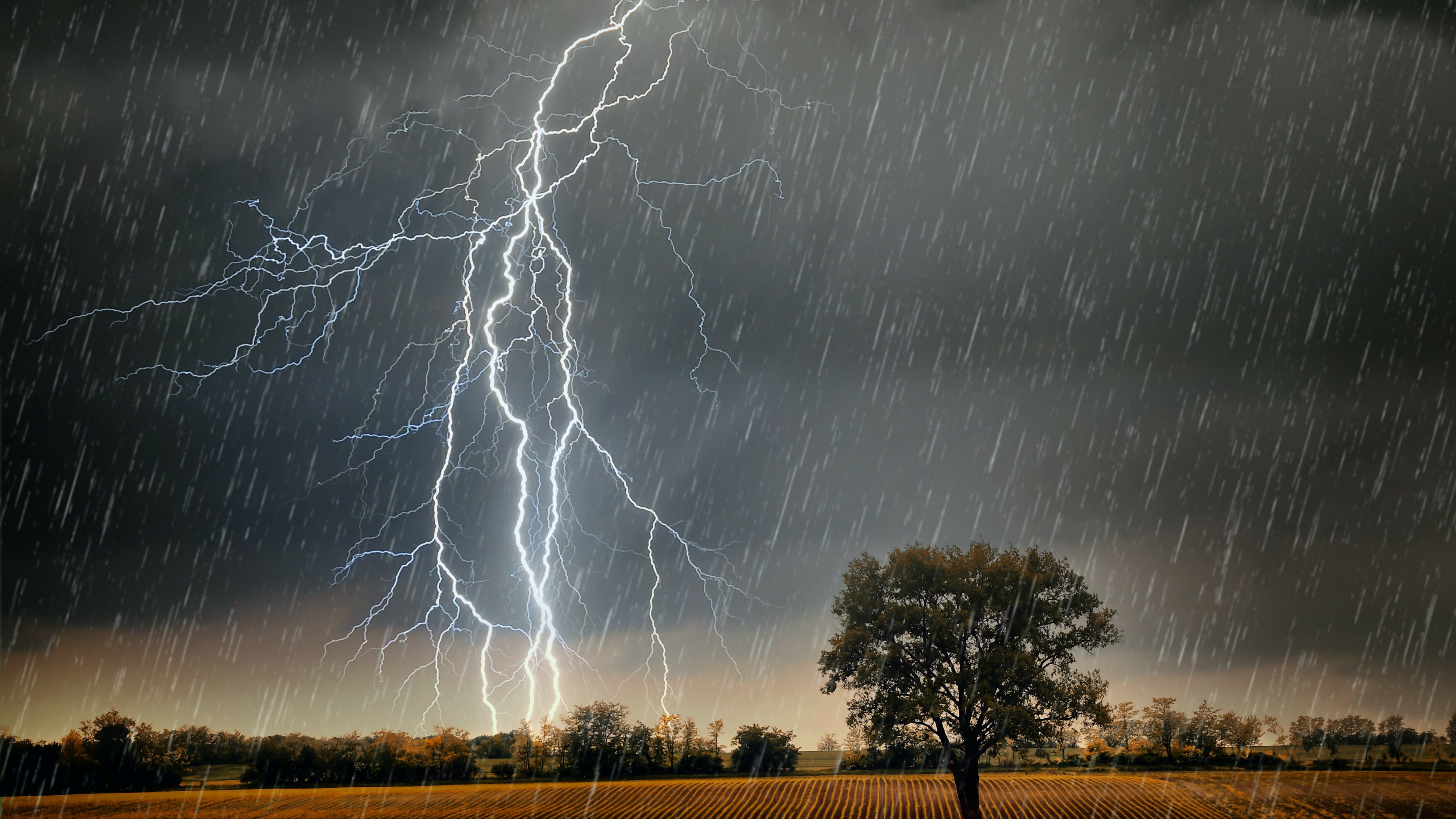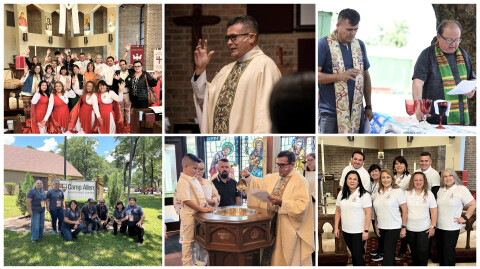TLDR: Although I see God in great acts of nature, l want to become more intentional about listening to God in the quiet moments of my life.
Lightening and storms scare me. The rain, the darkness, the poor visibility on the roads, and all the thunder evoke in me images of danger. I was about nine years old when the brother of one of my friends was injured by thunderous lightening when he was out playing soccer in the rain. He was never the same after that and I learned to associate thunder with danger. To me thunder was the harbinger of death. In Biblical language, God often speaks to his prophets in great acts of nature: rocks splitting, thunder flashing, bushes burning, etc. At other times, however, God speaks to his people in sheer silence. Although I see God in great acts of nature, l want to become more intentional about listening to God in the quiet moments of my life.
When Elijah was surrounded by thunder in mount Horeb, he believed God could be found in the storm. He expected God’s voice to be wrapped in lightening that was menacing and terrifying. But God wasn’t in that storm. Mark tells us of a different episode when God was actually in the storm, although this was a different storm altogether. About 6 days after Peter acknowledges Jesus as the Messiah, Jesus takes Peter, James, and John to a mountain to pray. We are told that once on the mountain, Jesus was transfigured, covered in dazzling white light, filled with glory. We are told that there appeared with him Elijah and Moses. They are speaking with Jesus and the disciples are overcome with emotion and fear. Peter offers to build three tents, one for Moses, one for Elijah, and one for Jesus and the disciples. Then both Elijah and Moses disappear and there is just Jesus standing with the disciples.
All three characters in the transfiguration scene had had mountaintop experiences. Moses heard God’s voice in a burning bush at the mountaintop, he later received the Law at mount Sinai. Elijah met with God in the absolute silence of Mount Horeb, receiving from God the strength he needed to go back to Israel to finish the work God had given him to do. Jesus was often at the mountaintop communing with God and was crucified on an elevated place, a hilltop outside of Jerusalem.
The mountaintop is a place for listening to what God is telling us. Every time God speaks in Holy Scripture you need to pay attention to the reason for the speech. When God speaks twice, using the same words, you really have to pay attention to the context. We have heard the thunderous words of Mark 6 several times, "This is my Son, the Beloved; listen to him!" This affirmation comes as Jesus faces his mission in Jerusalem and, like Elijah and Moses, realizes he must fulfil the mission for which he was sent by the Father. There is work to do and this work needs to be accomplished in Jerusalem.
This tradition of the Prophet of God coming to the mountain to experience an encounter with God at a moment of discouragement is well known in Scripture. You may recall the episode of the people’s rejection of Moses when they were wondering in the desert. The people are hungry and thirsty, and they blame Moses for their problems. They are about to lynch him. Moses goes up to the mountain in utter discouragement (Exodus 33:18ff). God appears to him in a great cloud and speaks to him. After the conversation, God sends Moses back to his people to continue his work, his struggle, his ministry. Elijah, likewise, comes to the mountain as a persecuted man. He is hunted by queen Jezebel’s army for prophesying against the king. The nation is flushed with prophets to Baal, a pagan deity, and only Elijah remains as a prophet of the Lord (1 Kings 19:1ff.) God appears to him and listens to his concerns. After the apparition, God sends Elijah back to his struggle, his mission, and his ministry.
In both of those episodes the appearance of God in the clouds, or in the great silence, is quite extraordinary. God’s appearance to Jesus, at a time of great distress, when Jesus knows that he must walk to Jerusalem to die, is also quite extraordinary. The thunder is both an announcement of death, and an encouragement for what is to happen. I believe this pattern is still valid for us today. But I believe the modern-day mountaintops can be found in the most unlikely of places. I know that when I find a secluded place in my own home, close my eyes, and visualize my own encounter with God in my mind, I am always translated to some other holy place, and I feel and sense God in the silence of my room. This can happen in the back of a moving car, in the midst of a busy office, and even in a baseball field. God is everywhere, although we miss him in the midst of our everyday life.
I know that life is busy, and we are surrounded by violence and pain. Many of us are constantly looking for signs that God remains with us now. We want the parting of the skies, the thunderous voice of God telling us exactly what to do, the rocks splitting and clouds gathering. But God can also speak quietly and with a few words. This is what the Pentecost experience shows us. The Spirit of God can come to us in extraordinary moments, but the Spirit continues to come into our lives everyday in simple and profoundly quiet ways. Close your eyes, disconnect from the noise of your life, and pay attention to that God who speaks in the silence of your heart. You are not alone! God has not left you orphaned. He is with you this very day. He hears you and he sees you. If you let God’s Spirit come into your heart, God will give you the strength you need to complete the work God has given you to do. Have courage today, God is with us always,
Blessings to you,
Fr. Roman+





